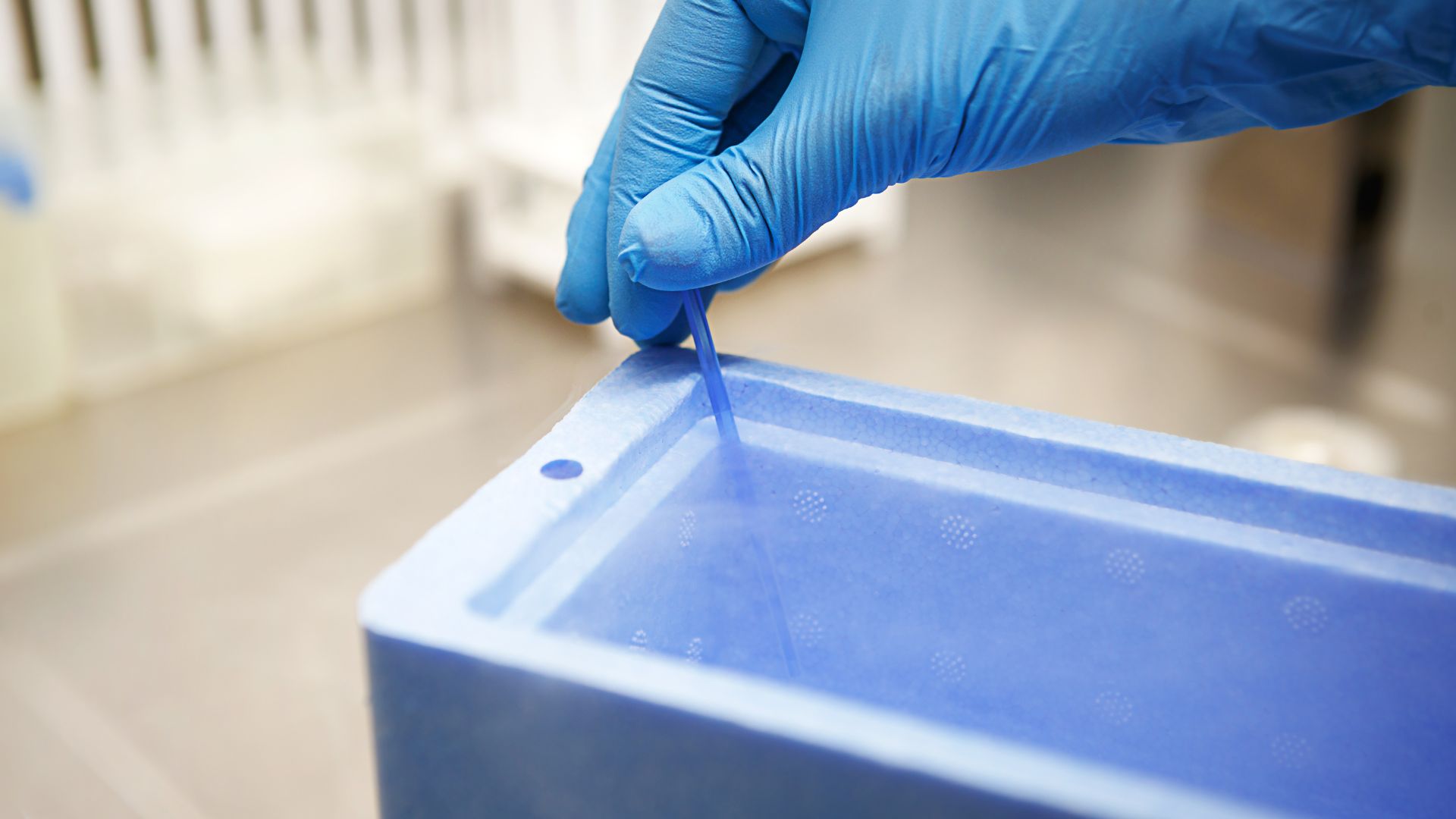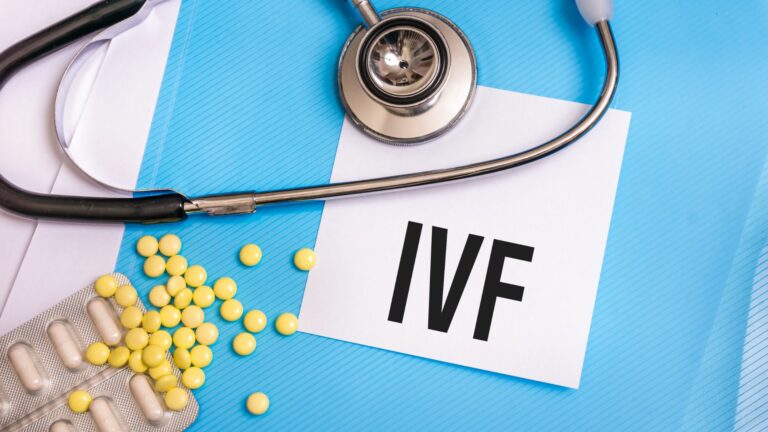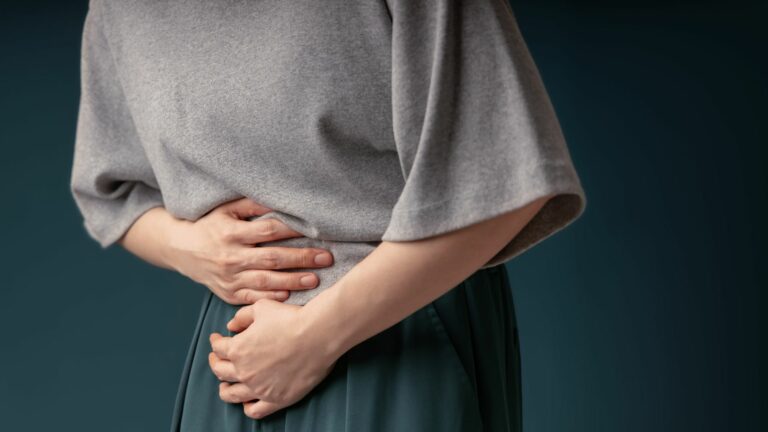
Introduction
Diminished Ovarian Reserve (DOR) is a condition often encountered in the field of reproductive medicine, particularly among women seeking assistance through IVF (In Vitro Fertilization).
This condition indicates a lower-than-expected number of eggs remaining in a woman’s ovaries, considering her age.
Furthermore, the quality of these remaining eggs might be compromised, which can pose significant challenges in natural conception and fertility treatments.
While DOR is frequently associated with advancing maternal age, particularly noted in women over the age of 35, it can affect younger women as well, making early diagnosis and intervention crucial.
It’s important to recognize that having DOR does not equate to infertility but does require strategic planning and specialized treatment approaches to achieve pregnancy, especially when using IVF procedures.
Key Takeaways
| Key Point | Description |
|---|---|
| Understanding DOR | Basic insights into the condition and its impact on fertility |
| IVF Protocols | Options tailored to maximize success in DOR patients |
| Success Factors | Critical factors that influence IVF outcomes in the context of DOR |
| Choosing Specialists | Tips on selecting the right fertility expert and clinic |
In India, the prevalence of DOR is becoming a more common concern, with an estimated 10-12% of women undergoing IVF treatment facing this challenge.
The complex interplay of genetic factors, environmental influences, and lifestyle choices contributes to this condition.
As a focus of increasing research and clinical attention, understanding and managing DOR effectively within the Indian context is essential for assisting couples on their path to parenthood.
Diagnosis of DOR
Recognizing DOR at an early stage is paramount for tailoring the IVF approach to enhance the possibility of a successful pregnancy.
The diagnostic process typically involves several key tests, each serving to evaluate the ovarian reserve more comprehensively.
Anti-Müllerian Hormone (AMH) Test
- AMH levels are indicative of a woman’s ovarian reserve and are crucial for assessing fertility potential.
A low AMH level, generally below 1.0 ng/mL, suggests diminished reserve and necessitates a modified approach in fertility treatment such as the antagonist protocol in IVF.
Follicle Stimulating Hormone (FSH) Test
- Conducted on the second or third day of the menstrual cycle, elevated FSH levels can signify DOR, inferring a reduced ovarian function.
Antral Follicle Count (AFC)
- This diagnostic test involves a transvaginal ultrasound to count the visible follicles at the start of the menstrual cycle. Lower counts are typically indicative of decreased ovarian reserve.
Each of these tests provides critical data that, when combined, offers a comprehensive view of a woman’s reproductive potential.
Importantly, the timing of diagnosis and subsequent intervention can deeply influence the outcomes of treatment strategies, including those for unexplained infertility and scenarios involving low ovarian response.
Actionable Steps:
- Consult a fertility specialist: Engage with a qualified specialist who can conduct comprehensive diagnostic assessments and discuss personalized treatment paths.
- Understand your tests: Be informed about what your diagnostic tests imply and how they affect your treatment options.
- Consider your options: With your specialist, explore various IVF treatments and protocols that are suited to your specific condition.
This initial section of the article lays down a solid foundation on DOR and its implications in IVF treatment, preparing readers for deeper insights into tailored IVF protocols, which will be covered in subsequent sections.
If everything looks good, we can proceed to draft the next part. Please let me know if there are any other aspects you would like to focus on or modify!
Specific IVF Protocols for DOR
The challenges presented by DOR in IVF treatments highlight the necessity for specialized protocols aimed at optimizing the ovarian response and maximizing the chances of a successful pregnancy.
Here’s an overview of the distinct IVF protocols that are particularly beneficial for women with DOR.
Antagonist Protocol
The antagonist protocol in IVF is commonly recommended for DOR patients due to its flexibility and efficacy in preventing premature ovulation.
A gentle approach in medication dosage allows for better synchronization of the follicles, increasing the odds of retrieving higher-quality eggs.
This protocol is especially significant since it minimizes the chances of the cycle being cancelled due to inadequate response or premature ovulation, common concerns in DOR cases.
Learn more about antagonist protocols here.
Microdose Agonist Protocol
This protocol makes use of significantly lower doses of gonadotropins and incorporates the use of GnRH agonists in microdoses.
The intent is to stimulate the ovaries just enough to produce a few high-quality eggs without causing excessive stimulation.
Owing to its reduced hormonal demands, this approach is often suited for patients who have previously encountered poor responses with conventional stimulation protocols.
Natural Cycle IVF
Natural Cycle IVF stands out as an option for those who prefer minimal medicinal intervention. It involves monitoring and retrieving the single egg that naturally matures during a menstrual cycle.
While this method generally results in fewer eggs, it eliminates the risks associated with ovarian hyperstimulation and is cost-effective.
The limitation, however, lies in its generally lower success rates, particularly in women with DOR, due to the fewer number of eggs retrieved per cycle.
Choosing the Right Protocol
Selecting the most appropriate IVF protocol involves a thorough evaluation of several factors, including:
- Patient’s Age: Age significantly impacts ovarian and egg quality.
- Severity of DOR: Measured through AMH and FSH levels.
- Previous IVF Histories: Past responses to treatment can guide future protocol choices.
- Personal Preferences: Some patients might lean towards more natural approaches.
Realistic Expectations with DOR-IVF
Establishing realistic expectations is crucial when embarking on IVF with diminished ovarian reserve. Here are factors to consider:
Understanding Success Rates of DOR-IVF in India
The success rate for IVF with DOR varies, being generally lower compared to cases with normal ovarian reserve. Here’s a look at the success rates in Indian clinics:
| Condition | Clinical Pregnancy Rate per Cycle (%) | Live Birth Rate per Cycle (%) |
|---|---|---|
| Normal Ovarian Reserve | 35-40 | 30-35 |
| Diminished Ovarian Reserve | 10-20 | 5-15 |
Factors Affecting Success Rates
- Age: Younger women with DOR tend to have better outcomes than older women.
- AMH Levels: Indicates the volume of available eggs.
- Lifestyle Factors: Wellness practices such as strategies to increase IVF success chances can influence outcomes.
- Choice of Protocol: Depending on individual specifics, some protocols might offer better chances of success.
Actionable Steps:
- Get detailed information about success rates: Understanding the statistics related to DOR and IVF can help set pragmatic expectations.
- Choose a fertility clinic carefully: Consider clinics with specialization in DOR such as IVF centers in Chennai, Kolkata, Surat, Pune, or Jaipur.
Support and Resources
Navigating the complexities of IVF with Diminished Ovarian Reserve requires not just medical intervention but also psychological and emotional support.
Here’s how you can access support and resources that will help you through your IVF journey:
Psychological Support and Counseling
The emotional toll of dealing with infertility and undergoing IVF can be significant. It’s crucial to seek emotional support through counseling or therapy.
Many fertility clinics offer counseling services, or you can visit resources like the National Council for Family Health for guidance and support.
Building a Support Network
Engaging with individuals who are going through similar experiences can be incredibly supportive. Consider joining support groups either in-person or online.
These communities offer a platform to share experiences, tips, and emotional support, which can be particularly comforting during challenging times.
Educational Resources
Educating yourself about DOR and IVF treatments is empowerment. Utilize resources provided by reputable sites and fertility networks.
This not only helps you make informed decisions but also equips you with knowledge to better manage your treatment expectations.
Additional Resources:
- Indian Society for Assisted Reproduction
- Fertility forums and patient education platforms such as ASRM
Conclusion: Navigating Your IVF Journey with DOR
Embarking on an IVF journey with Diminished Ovarian Reserve in India requires a well-thought-out approach tailored to your specific reproductive health needs.
By consulting with a qualified fertility specialist, choosing the right IVF protocol, and leveraging both medical and emotional support resources, you can navigate this challenging journey with greater confidence and clarity.
Finding the Right Fertility Specialist:
Choosing the right specialist is crucial. Look for professionals who:
- Have extensive experience with DOR cases.
- Are affiliated with reputable IVF centers across India.
- Offer a holistic approach to treatment, including psychological support.
Maintaining a Positive Outlook:
Here are some tips to help maintain a positive mental state:
- Stay informed: Understanding your condition and treatment options can reduce anxiety.
- Build a support system: Lean on friends, family, and support groups.
- Focus on what you can control: Healthy lifestyle choices can positively impact treatment outcomes.
Alternative Options
For some, exploring alternatives such as egg donation or surrogacy might be necessary. Discuss these options with your fertility specialist to understand how they might fit into your journey towards parenthood.
Actionable Steps:
- Consult Multiple Specialists: Don’t hesitate to seek second opinions to find a suitable specialist.
- Engage in Support Networks: Regularly participate in discussions and support group meetings.
- Stay Positive: Engage in activities that boost your mental health and keep stress at manageable levels.
By taking these steps, you can enhance your chances of success and ensure that your path to parenthood, though possibly fraught with challenges, is navigated with comprehensive support and care.
Remember, each step you take is a move towards realizing your dream of becoming a parent.






